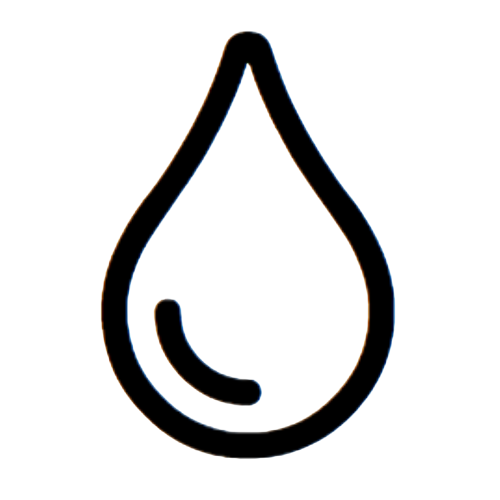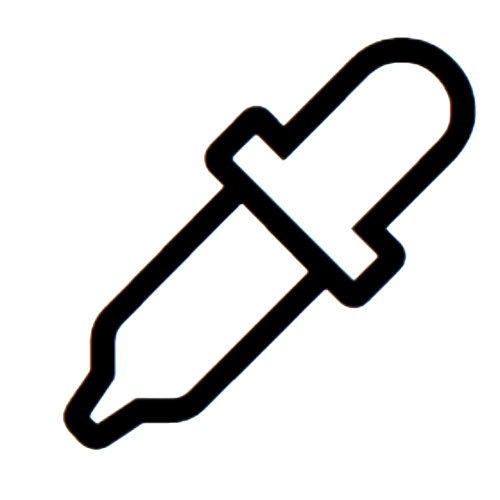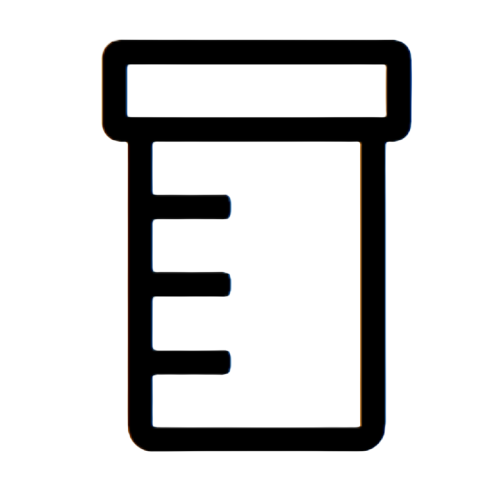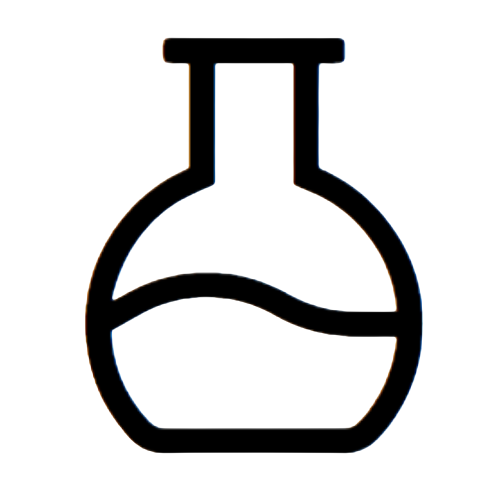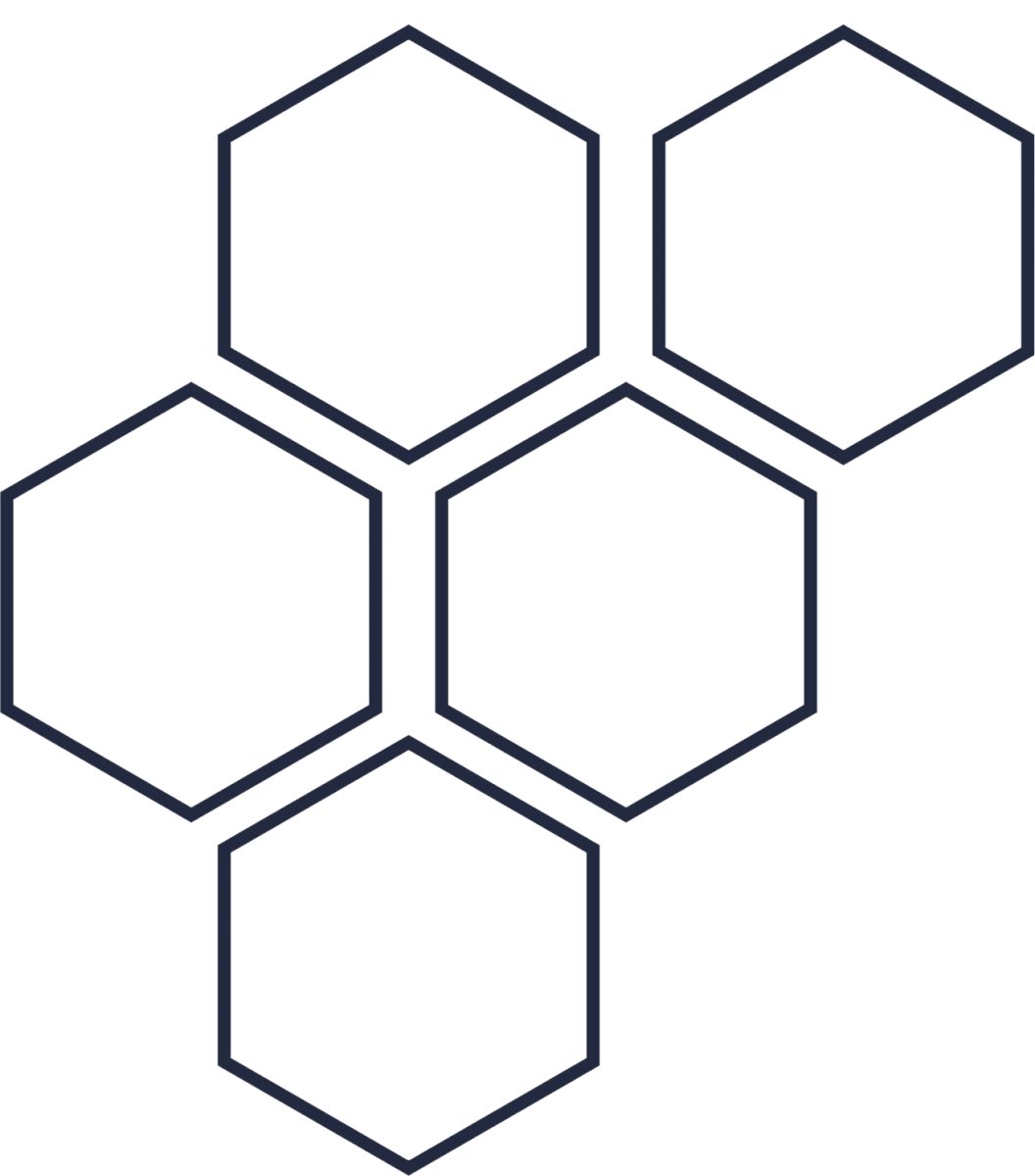Tetrahydrocannabivarin, colloquially known as THCV, is a cannabis compound similar to THC in molecular structure and properties. It’s not found in all strains of the marijuana plant though, making it a more exclusive isolate. Colorado Chromatography derives the compound from botanically extracted terpenes and natural argan oil. The highly-viscous, golden-colored oil is odorless and requires only room temperature for storage.
THCV is well-regarded for its work as an appetite suppressant, contrary to pure THC variations, and is also great for blood sugar regulation and the reduction of insulin resistance. A 2013 study on THCV’s impact on diabetic individuals found that it has potential to be used as a diabetes treatment for those suffering from glucose intolerance. For those looking to take THCV for weight loss purposes, research suggests that approximately 3 mg per kilogram of body weight is ideal. It has also been found to stimulate bone cell growth in those with osteoporosis and bone-related conditions.
Psychologically, THCV may reduce the prevalence of panic attacks and anxiety, without the impact of emotional manipulation, in those experiencing post-traumatic stress disorder symptoms. It calms the sympathetic nervous system, the fight-or-flight, and essentially eradicates panicked thoughts. Additionally, those diagnosed with Alzheimer’s, ALS, and Parkinson’s disease have seen decreased tremors, better motor control, and improved brain lesions, although conclusive research is still in the works.
In 2009, a study on mice concluded that THCV reduced pain and swelling following exposure to inflammatory chemicals. Furthermore, as the study progressed, there was no indication that the mice reacted as though a tolerance to the compound had built.
THCV is only psychoactive in high doses, making its isolate an easy add-on to any Colorado Chromatography custom formulations. The water-insoluble nature of THCV, coupled with its ability to act as an antagonist of CB1 and CB2 receptors, makes it perfect to take in small doses without worrying about a subsequent “high”. These CB1 and CB2 receptors in the brain, part of the endocannabinoid system, are responsible for the tell-tale effects of CBD, and THCV blocks these in order to maintain homeostasis sans euphoric state. Only in higher doses does THCV produce the desired clear-headed, euphoria normally associated with THC.
Technically, THCV is not specifically listed among the Schedule I drugs list. According to the 2018 Farm Bill, THCV derived from cannabis is considered a product of THC, therefore allocating it a spot on the list; in the event that THCV is derived from hemp, it becomes compliant. It’s found at very low concentrations and is difficult to obtain without the latest synthetic extraction techniques. It’s a loophole that creates select legality for THCV isolates like those from Colorado Chromatography, which is able to extract large quantities with 95+ percent purity.
